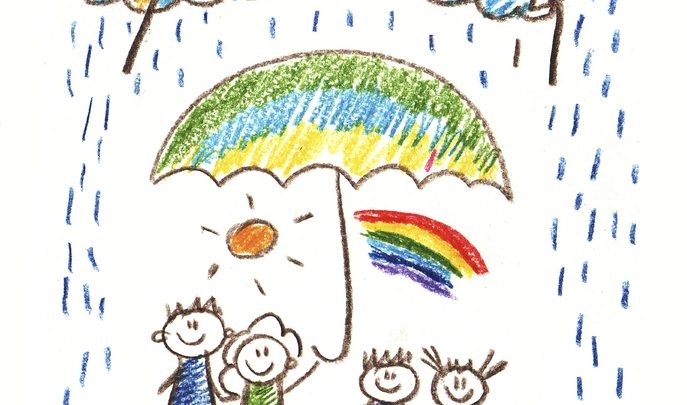Not All Children See Weekends And Holidays As A Welcome Break

Teachers must do all they can to make school a safe and happy experience, says Debra Kidd…

- by Debra Kidd

It may already feel like a lifetime since your new class came trundling in to school on the first day of the new term – trousers slightly too long, jumpers unchewed, shoes unscuffed. It will seem ages since you had to quieten them down as they talked about their holidays in Mallorca, trips to the zoo, roller discos and play dates. Term is now well and truly in session.
And it might be worth taking the time to think about that small minority of kids who came in quietly. With no tales to tell of the holidays.
The gaps get bigger
For many children living in poverty in the UK, the summer holidays simply mean one less meal a day. Fewer friends to play with. Nowhere to go. For some, even the cost of a bus ride into town makes ‘free’ events prohibitive – so no trips to museums, galleries and libraries (where they still exist). Simply a hungry summer cooped up with little to do. It’s not surprising that many children fall behind in the holidays. For middle class children, whose parents buy them books, take them abroad and continue their sporting and arts activities through the summer months, there is little fall back. For the poor, the gaps get bigger. We are told that there are ‘no excuses’ for not getting pupils from disadvantaged backgrounds through tests; that only poor teaching stands between them and success. But study after study shows that poverty has an impact on brain development, inhibiting cognitive function.
These children, often struggling to find enough food, sleep and stimulation for healthy brain development, are on a back foot in school. But it’s even worse when they’re out of school. There are no clear answers as to the causes of these brain changes – neuroscientists speculate about the impact of poor diet, late and interrupted nights, and living in highly stressful environments – but the common factor seems to be poverty. When children are lifted out of poverty, the brain seems to recover and normal functions return.
Make school a sanctuary
To hold teachers accountable for such a huge and complex social problem is foolish and irresponsible. This goes way beyond classroom interactions. But there are things we can do to mitigate some of these issues. We can make school a sanctuary. We can offer a safe haven for children – a warm place where they know they will be fed and nurtured. We can offer laughter, friendship, empathy and understanding. Our responsibilities as teachers of ‘poor’ children are too often limited to test results. But making children feel like there is a corner of the world where worry is banished is essential to their health – and this is a long term issue.
Research has suggested children who suffer trauma are twice as likely to have cancer as adults; 460% more likely to suffer from depression and can expect a shorter lifespan. There is so much more at stake than SATs results.
So what can we do?
• Create a safe space
• Have a worry box for children to post their worries, either as postcards or pictures
• Take their friendship issues seriously
• Make learning seriously good fun – we all know the positive impact of laughter on the mind
• Empower children with visions of the future in which they are free, safe, successful and happy – let them create these visions in their writing, their art work, their movement and music
• Show them you care by getting to know them and singling them out for attention; a child you know who loves animals can be made to feel valued if you take them to one side, give them a book about the thing they are interested in and say “I saw this and I thought of you.”
• Let them dance – play feel-good music in your classroom and get them moving
• Never miss PE – movement and exercise creates a positive effect in the mind; if your children are living in flats with little outdoor space, they need PE like they need water
• Smile at them
• Never let them think you don’t like them; the children who need love the most are the ones who make loving them hardest
• Next time there’s a holiday coming up, why not send them home with a little craft box, a couple of great books and a card telling them you’ll miss them?
Debra Kidd has worked in education for over 20 years, teaching children from the ages of four right through to post-graduate students. She currently delivers CPD both nationally and internationally – for more information, visit www.debra-kidd.com or follow @debrakidd











